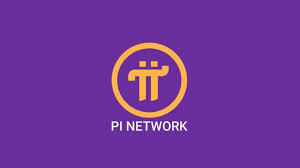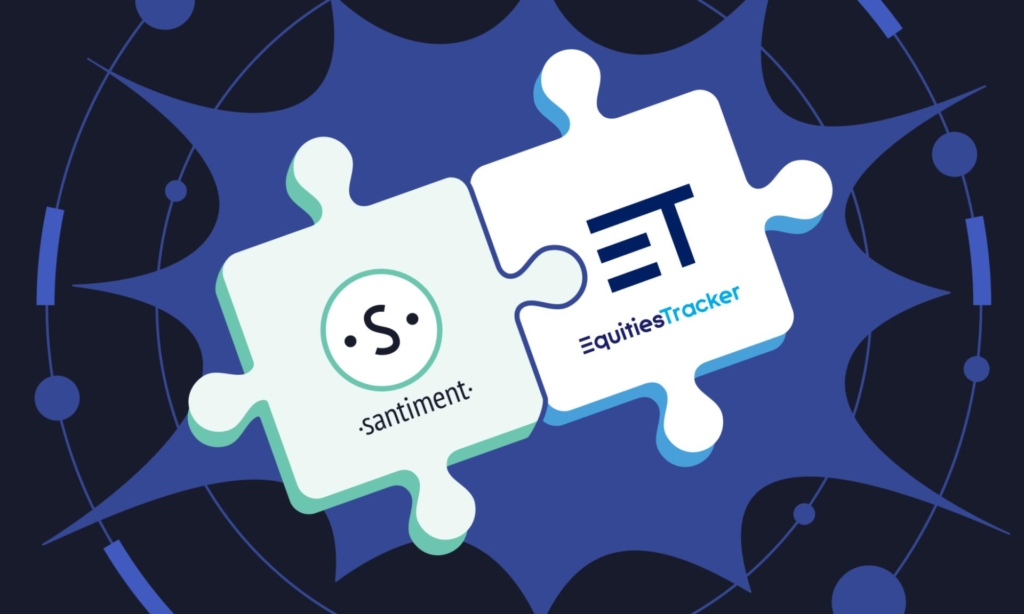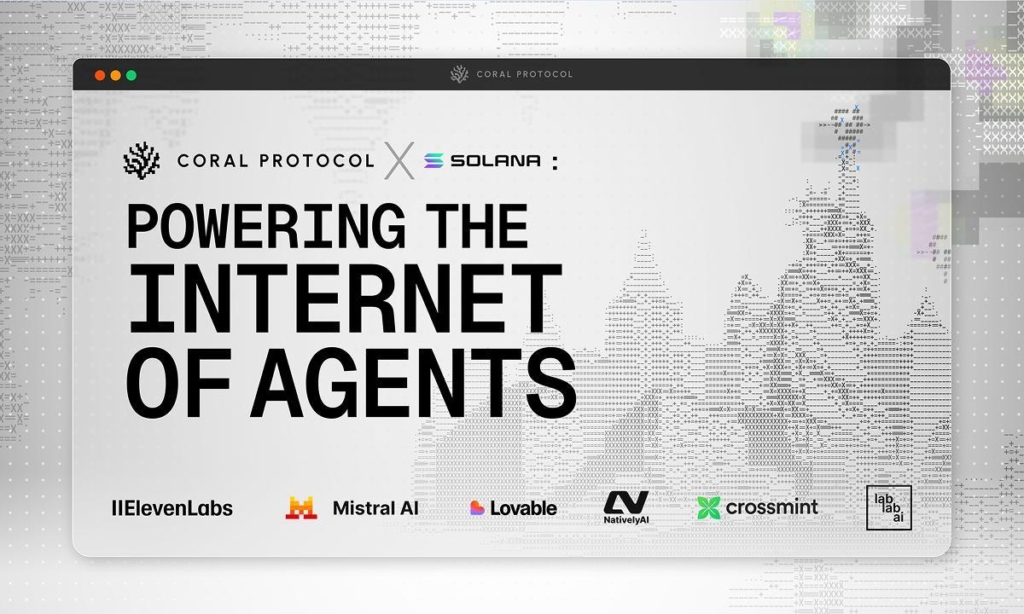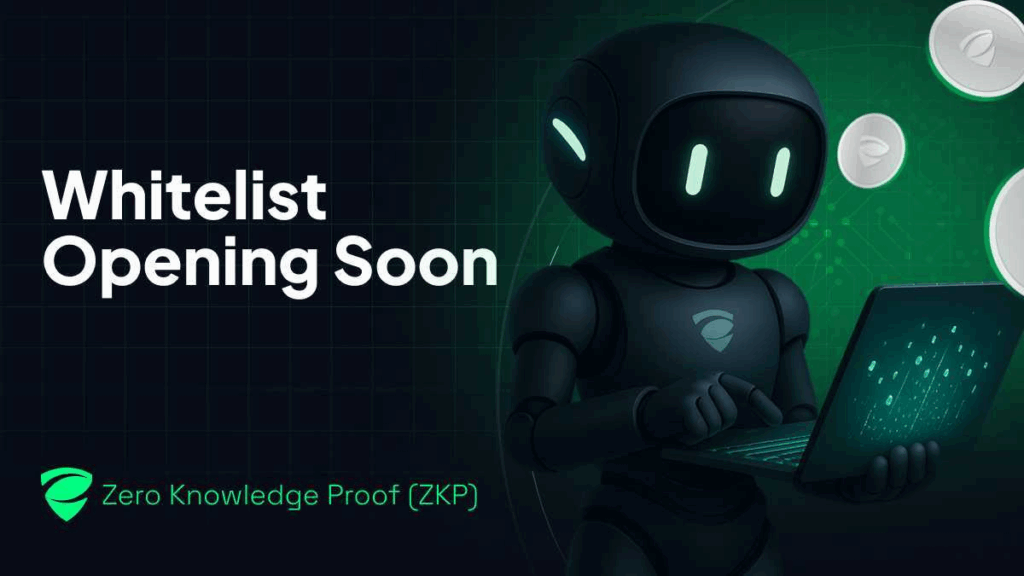Pi Network is facing criticism as it approaches its Mainnet launch. Critics question its legitimacy, but analyst Kim Wong defends the project.
He highlights its widespread adoption, decentralized blockchain, and compliance with Know Your Customer (KYC) regulations as signs of credibility. Despite his defense, concerns linger about its referral-based mining system, past data breaches, and potential legal issues.
In a post on X (formerly Twitter), Wong emphasized the benefits of Pi Network. He mentioned its ability to facilitate cross-border transactions, free mobile mining, and a large user base.
Wong claims the project has given financial access to millions globally. Pi coin is distributed in over 200 countries, with more than 100 million registered users. This includes 65 million active participants and nearly 19 million KYC-verified users. Additionally, around 10.5 million people hold Pi in their wallets.
Wong pointed out Pi Network’s in-house KYC system, which complies with government regulations. He described its Layer 1 blockchain as decentralized, fast, and scalable, supporting a growing Web3 ecosystem.
He challenged skeptics to find another crypto network with similar global adoption and real-world use. Wong stated, “If you still don’t understand Pi Network or think it’s a scam, you’re falling behind.”
Despite Wong’s claims, many remain skeptical. Some believe the project is only progressing due to recent regulatory changes. Others argue that its referral-based mining resembles a pyramid scheme. The project has also faced accusations of a data breach, with claims in 2021 that it leaked the personal information of 10,000 Vietnamese citizens, which the team denied.
Meanwhile, Pi Network is gaining traction. Its official account recently surpassed Ethereum in followers on X. Pi coin is now listed on several exchanges, including OKX and Bitget. However, these exchanges do not allow US customers to participate.
Speculation about a possible Binance listing is growing, which could enhance market liquidity and attract more investors, adding legitimacy to Pi Network and potentially increasing its value.



